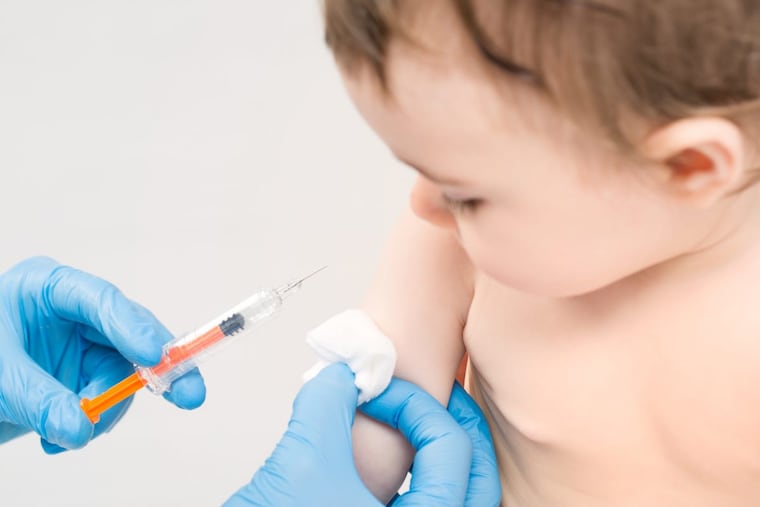Why are children with autism at higher risk for serious infections?
Unlike the other groups, these children were perfectly capable of making a robust, protective immune response to vaccines.

In March, a journal of the American Medical Association published a study defining a new group of children at risk for serious and potentially fatal infections.
Prior to this publication, several high-risk groups of children had already been identified. For example, children born with dysfunctional immune systems, or children without spleens, or children with chronic lung, liver, heart or kidney diseases, or children receiving chemotherapy for their cancers or immune-suppressive therapies for their rheumatologic diseases.
This new group of children, however, was different. Unlike the other groups, these children were perfectly capable of making a robust, protective immune response to vaccines. Who was this new group? The answer: children with autism spectrum disorder (ASD) and their younger siblings.
Investigators studied 3,729 children with ASD and compared them with 592,907 children without ASD. For vaccines recommended between 4 and 6 years of age (specifically, diphtheria, tetanus, pertussis, polio, influenza, measles, mumps, rubella, and varicella), children with ASD were significantly less likely to be vaccinated than children without ASD. Their younger siblings were also less likely to be vaccinated.
Why were parents of children with ASD making this choice?
In 1998, British researcher Andrew Wakefield published a study in a reputable medical journal claiming that the combination measles-mumps-rubella (MMR) vaccine caused autism. In truth, it wasn't a study; it was a case series. Wakefield had identified eight children who developed autism within one month of receiving the MMR vaccine. Given that the rate of autism in England at that time was 1 in 2,000, that 90 percent of children received the MMR vaccine between 12 and 15 months of age, and that autism is typically diagnosed between 1 and 2 years of age, one would have expected that every year about 300 children in England would have developed autism within one month of receiving the vaccine by chance alone.
The only way that this wouldn't have happened would have been if the MMR vaccine prevented autism. Which it doesn't. It only prevents measles, mumps, and rubella infections. Nonetheless, a fear was born. During the last 20 years, 17 studies have shown that the MMR vaccine doesn't cause autism.
MMR isn't the only issue. Some parents have also worried that an ethylmercury-containing preservative called thimerosal, which was commonly used in several vaccines given to young children in the United States before 2000, had also caused autism, even though seven studies have now shown that it didn't. Ironically, after thimerosal was removed from all vaccines given to young children, the rates of autism didn't decrease; they increased. In addition to MMR and thimerosal, some parents also worry that autism might be caused by children receiving too many vaccines too early in life. Two studies have now shown that this fear, too, was ill-founded.
All of these scientific studies should have allayed concerns that vaccines were causing autism. Still, the fears persist. Why? Maybe it's because the cause or causes of autism haven't been found and because a cure doesn't exist. An analogy could be made with diabetes in the late 1800s. At the time, no one knew what caused diabetes or how to treat it. As a consequence, charlatans proffered outlandish causes and harmful cures. Then, in 1921, Frederick Banting and Charles Best discovered insulin and all of those crazy causes and crazier cures disappeared.
By failing to vaccinate children with ASD, parents aren't lessening their children's symptoms of the disorder. And by failing to vaccinate their younger siblings, parents aren't decreasing the likelihood that they, too, will develop ASD. All they are doing is increasing the chance that their children will suffer preventable infections that can have tragic consequences.
Paul A. Offit, MD, is a professor of pediatrics and the director of the Vaccine Education Center at the Children's Hospital of Philadelphia. His most recent book is "Bad Advice: Or Why Celebrities, Politicians, and Activists Aren't Your Best Source of Health Information" (Columbia University Press, June 2018).